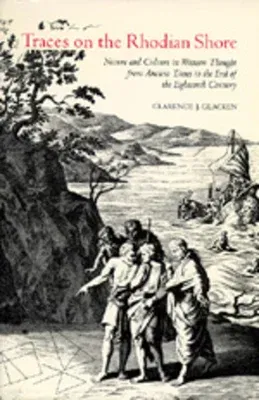In the history of Western thought, men have persistently asked three
questions concerning the habitable earth and their relationships to it.
Is the earth, which is obviously a fit environment for man and other
organic life, a purposefully made creation? Have its climates, its
relief, the configuration of its continents influenced the moral and
social nature of individuals, and have they had an influence in molding
the character and nature of human culture? In his long tenure of the
earth, in what manner has man changed it from its hypothetical pristine
condition? From the time of the Greeks to our own, answers to these
questions have been and are being given so frequently and so continually
that we may restate them in the form of general ideas: the idea of a
designed earth; the idea of environmental influence; and the idea of man
as a geographic agent. These ideas have come from the general thought
and experience of men, but the first owes much to mythology, theology,
and philosophy; the second, to pharmaceutical lore, medicine, and
weather observation; the third, to the plans, activities, and skills of
everyday life such as cultivation, carpentry, and weaving. The first two
ideas were expressed frequently in antiquity, the third less so,
although it was implicit in many discussions which recognized the
obvious fact that men through their arts, sciences, and techniques had
changed the physical environment about them. This magnum opus of
Clarence Glacken explores all of these questions from Ancient Times to
the End of the Eighteenth Century.

